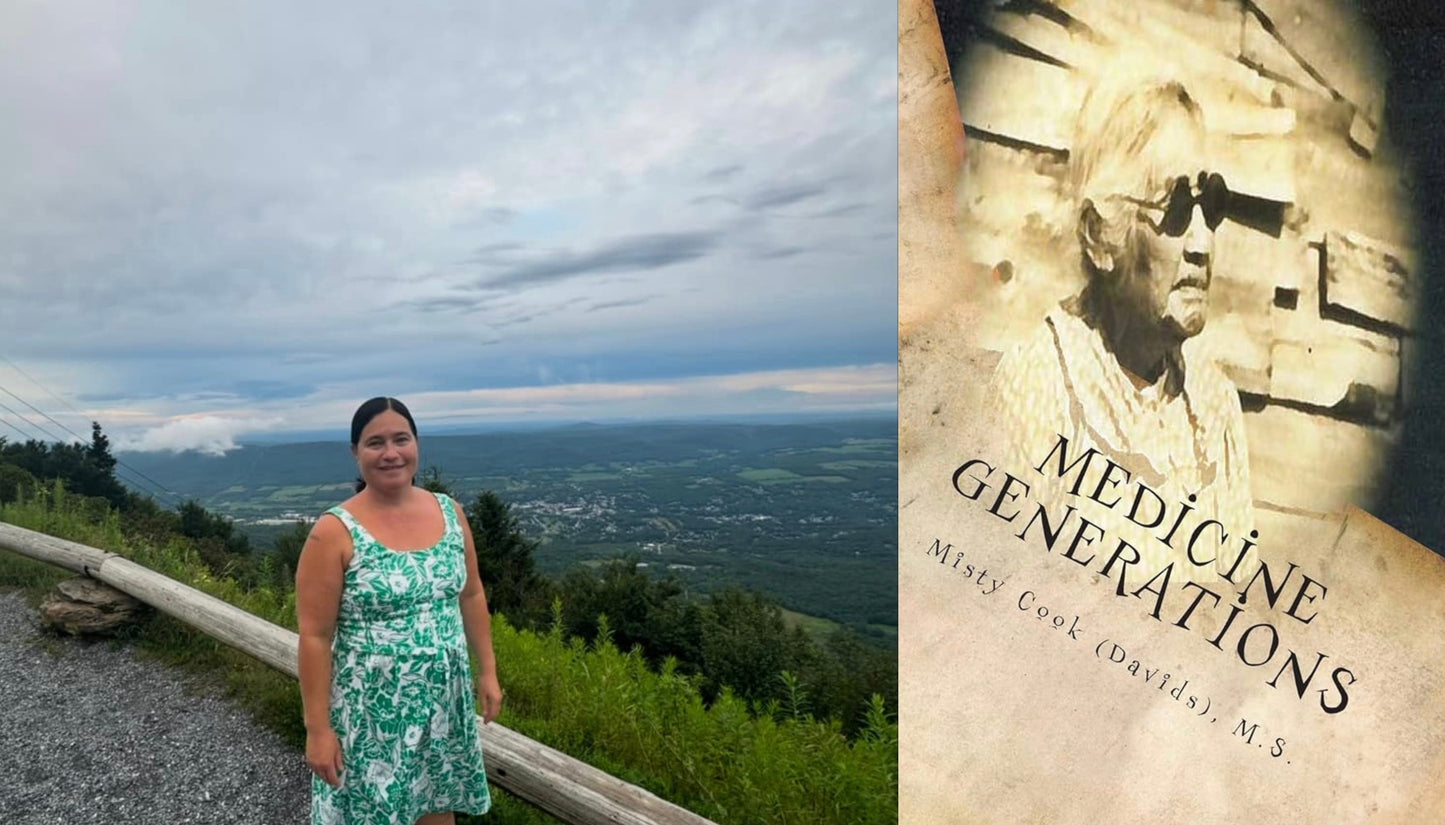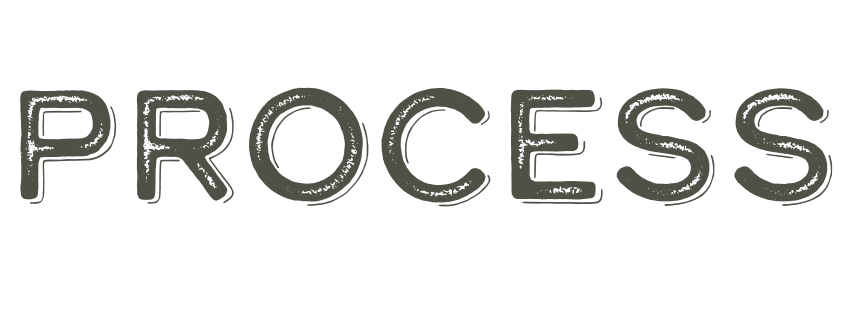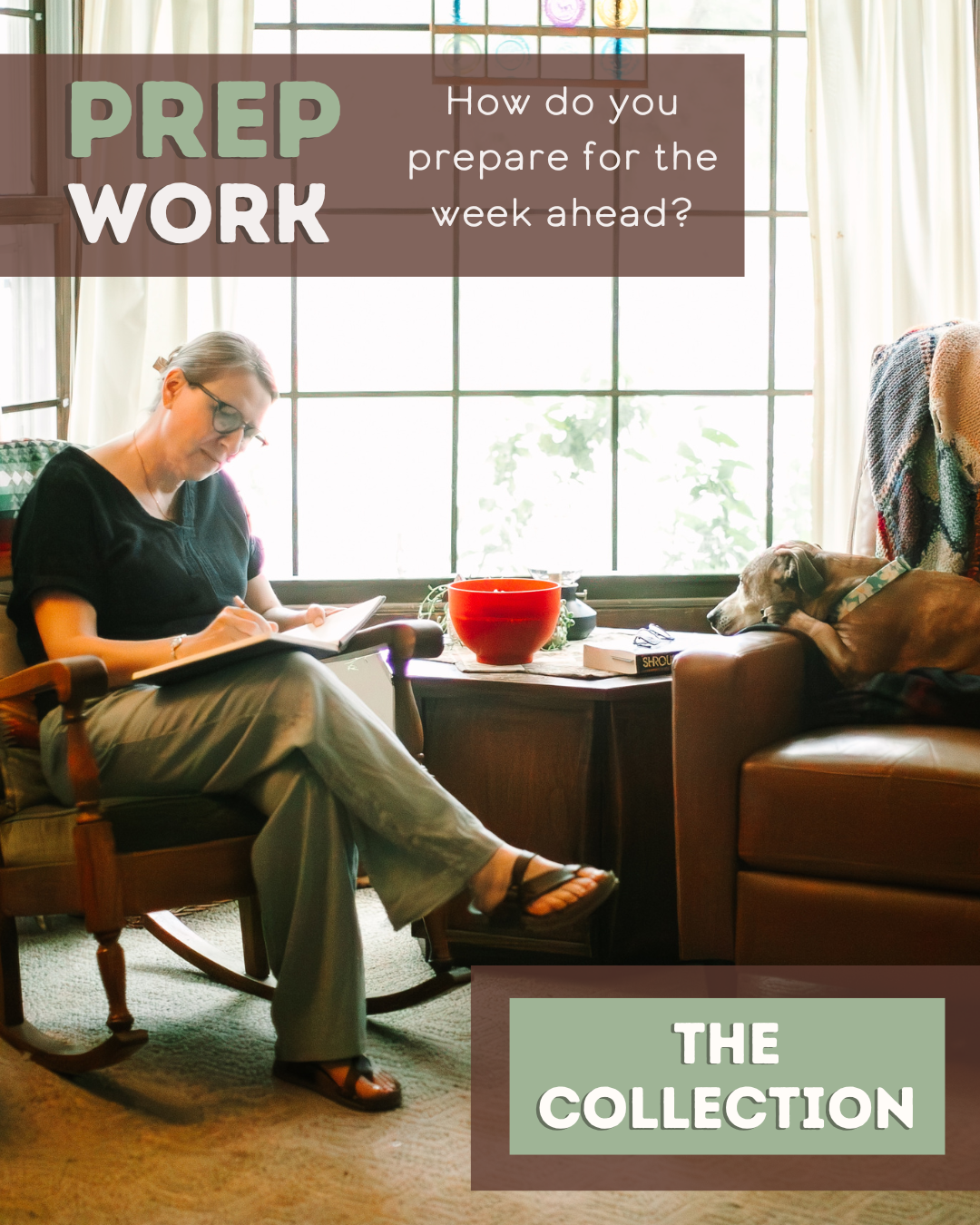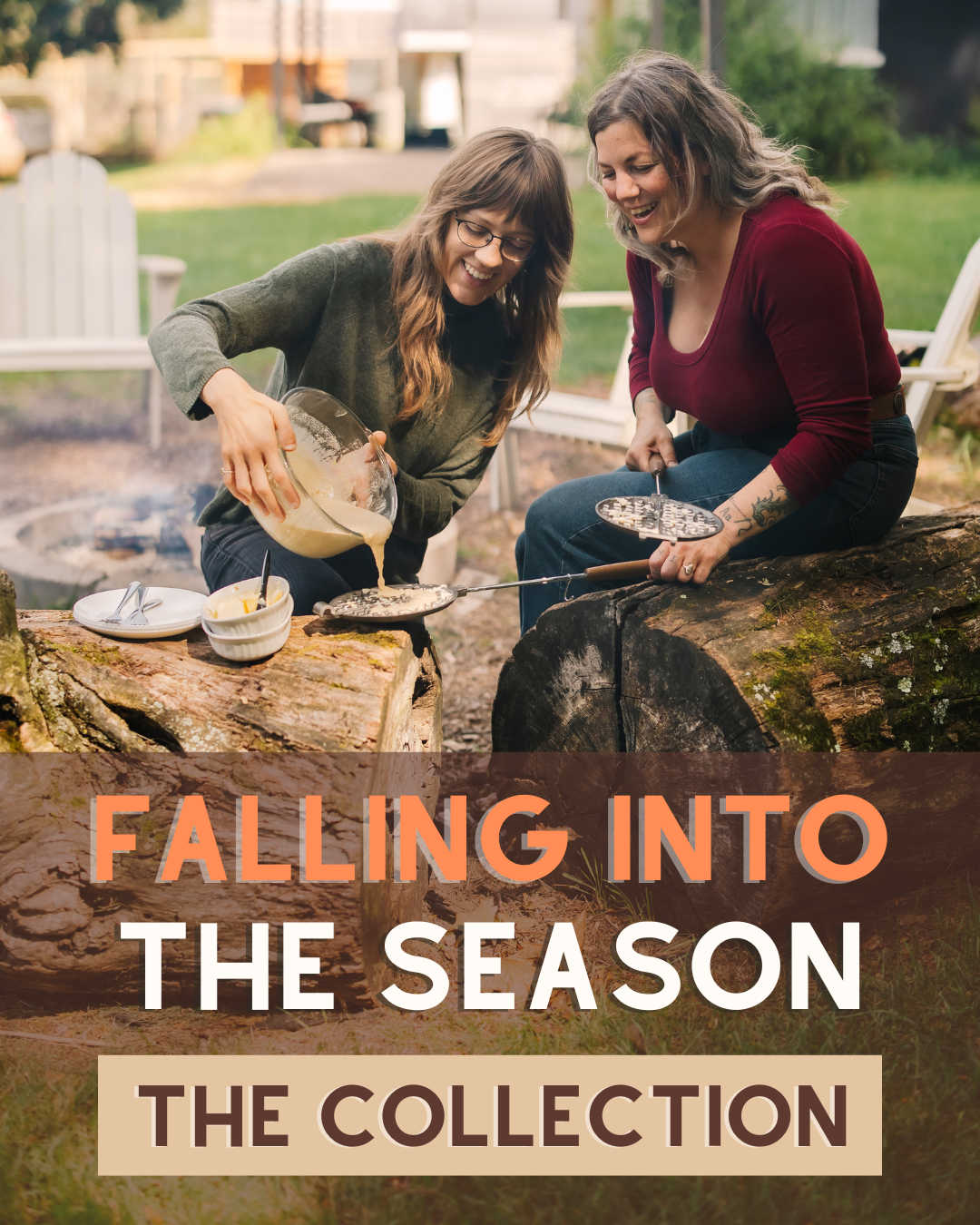
As Indigenous people get more attention, recognition, and representation, people have come to know specific Native actors, directors, authors, and activists. Many people have been introduced to authentic Indigenous knowledge from several authors including Robin Wall Kimmerer for her books on plant knowledge. Us at PROCESS would like to introduce you to another amazing Native author!
Beginning her work
In the first week of October we had the opportunity to interview Misty Cook, a Stockbridge-Munsee Band of Mohicans plant worker and author of Medicine Generations. We talked about how she came into her work with medicine plants, what led to her writing her book, and how people of all backgrounds can learn about these plants themselves.
Misty began her work with medicine under her cousin and neighbor, Dave Besaw. With Dave, Misty learned that “we need to teach everybody. So whoever is interested [in learning about medicine plants]...He said that that’s our job is to teach whoever wants to learn. So we have a very open way of looking at it that whoever wants to learn, the medicines are for everybody.” After attending presentations on these teachings with Dave, she began to write down “everything he said, word for word.”
He would teach her where to find the medicines, how to prepare them, and what they can be used for. With five generations of her family having worked with medicines, Misty stated that Dave knew 48 medicines, his mom knew 100 medicines, and those before them knew more. As she continues to learn and teach, she doesn’t dismiss the teachings that others have because there are so many different sets of knowledge between different people. Misty practices are based on “what we learned, and I go off of what our people said too. Whatever they say, I go off of that, because that’s the way we do it, that’s the way our people did it. And then I want to keep that going. Because now, especially like with the internet and all that kind of stuff, you could really lose a lot of that.”
Becoming an author
Misty started to write her book about medicine plants, what she was learning, and would check with Dave to make sure everything was correct. She reflected on her eagerness and ambition to continue learning and had said, “I think people are starting to do it more now because they’re starting to realize that you know, they’re starting to have that room to be able to do it. Because, like my parents’ generations, they had no chance to be able to do what they really wanted to do. I don’t even know if that ever ran through their head, you know?” This is in regards to her parents’ and grandparents’ generations not being able to embrace their Native identities and those teachings specific to their cultures due to discrimination and assimilation. With this in mind, Misty stated, “I had such a spark once I started learning about [the medicines], that it just took over. So it’d be really great if people could do what they’re really meant to do…If everybody could just do what they were meant to do, you know, just like totally complete the community, and then it would work out a lot better for people.” She believes that if every individual found what their calling is and follows it with passion and disregards outside pressures keeping them from doing that, communities could come together stronger.
Sharing her knowledge
After Dave’s passing, she took a break from her work and later self-published her book Medicine Generations. She continues her work and the teachings she has been giving by doing presentations and sharing her knowledge. In her presentations, she gives “everybody the chance to do tobacco.” For certain Native people, it is a custom to lay down tobacco when taking something from Mother Earth, such as medicine plants. This is to continue a reciprocal relationship with the plants, to show acknowledgement and respect when taking them. “Because I think it’s really cool…it’s simple to us [Natives]. But then for other people, it seems very scary or overwhelming. So I give them a chance to give tobacco when we do our presentations. And then some people will be like, well, what if I am uncomfortable with tobacco, I don’t really know about it, or whatever? Then I always say too, it could be anything. Like, is there a plant that you grow that is really important to you? Some people will just talk about, like, a plant that they just love and they’ve grown it. And I’m like, you could use that. You could grow that, dry it, and then use that as your offering. Because it’s pretty much just acknowledging the plant…If people are thanking it, acknowledging it, you know, I think that is the more important part.”
When asked about her opinion on people starting medicine gardens of their own in contrast to seeking out the plants in the wild, she said, “I think that’s like something that people really want to do. Because right now with the way things are, it feels like it’s kind of hopeless, and like you can’t do a lot of things. But you can create a garden; you can try to make things better that way. So I think that’s kind of where those gardens are coming from inside the people, like we got to do something that’s good, you know, and I think those gardens are really good too.”
Reflection
It was such a great conversation with Misty. We were able to learn more about her story and how she came to be where she is now. Some takeaways:
- Don’t be afraid to start learning, whether that’s about plants, medicines, your culture, or anything else
- Find your purpose and don’t be afraid to live it, when you find your purpose you help complete your community
- When working or using plants/medicines, be sure to acknowledge them by giving back, whether that is with tobacco or another plant that is important to you, give thanks and respect



